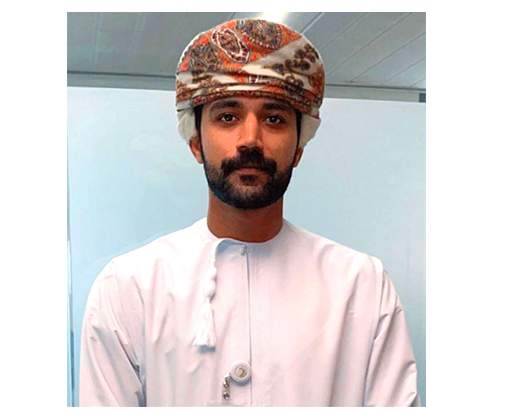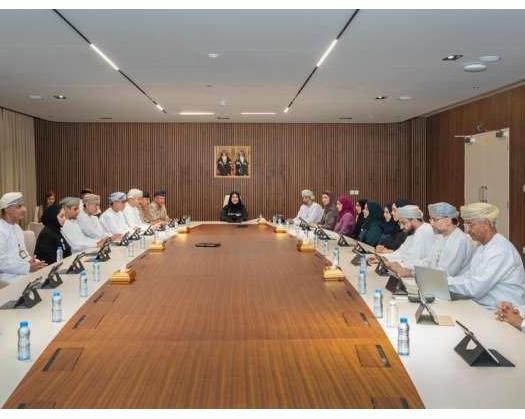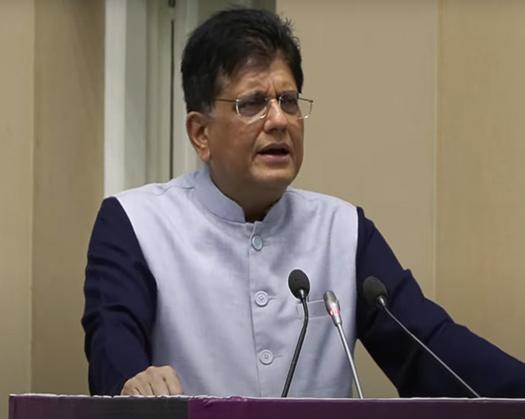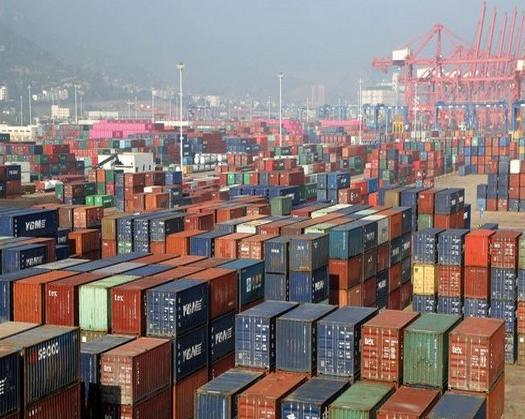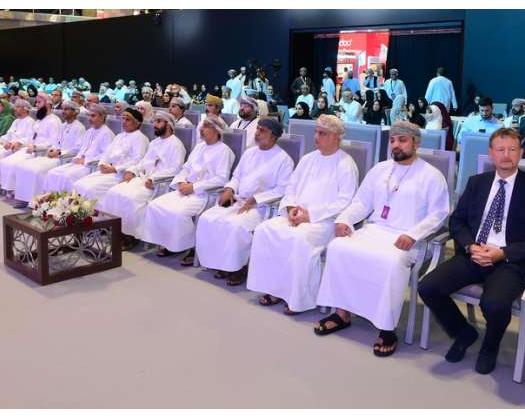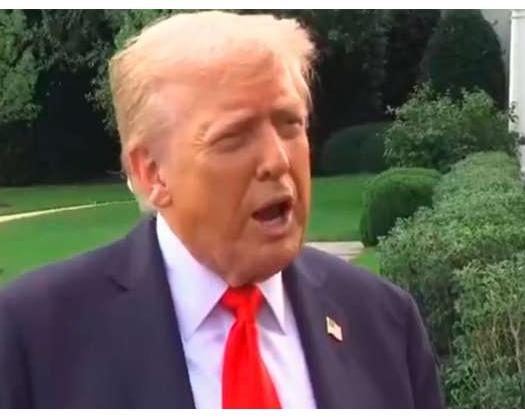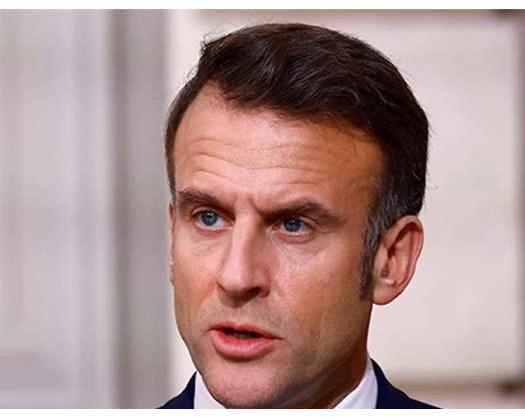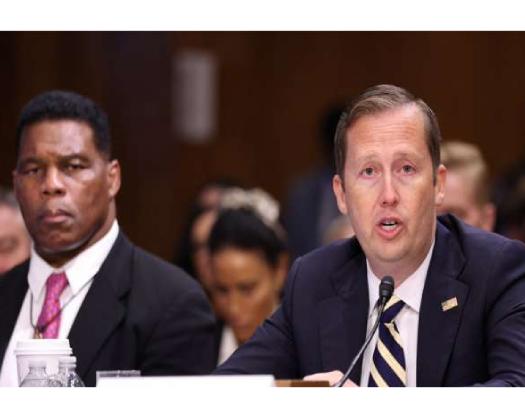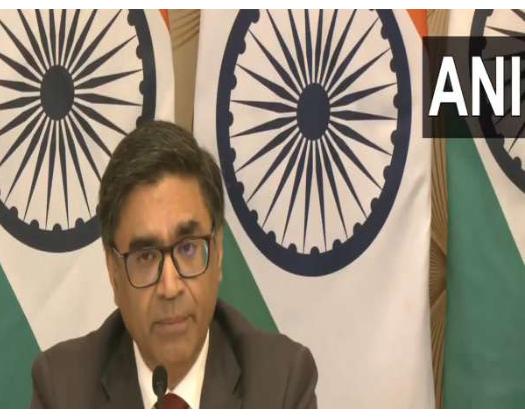Muscat: The Public Authority for Special Economic Zones and Free Zones (Opaz) conducted a specialized workshop focused on the issuance of renewable energy certificates. This initiative aims to strengthen the capabilities of Omani factories in minimizing carbon emissions, enhancing their competitiveness by complying with international environmental standards, and preparing them for the forthcoming phase in alignment with Oman’s strategy to achieve net zero by 2050.
The workshop was aimed at representatives from the economic, free, and industrial zones overseen by Opaz, as well as representatives from various companies and stakeholders interested in this area.
The session emphasized the advantages that factories and companies operating within economic zones, free zones, and industrial cities can derive from obtaining renewable energy certificates (IREC), which fall under the category of Energy Attribute Certificates (EAC). It clarified that these certificates are essential for tracking and verifying electricity produced from renewable energy sources or low-carbon fuels, such as solar and wind energy, integrated into the electricity grid.
Additionally, the workshop discussed International Renewable Energy Certificates (I-REC), recognized as the most prevalent renewable energy certificates worldwide. It was underscored that any company, including factories, can acquire international renewable energy certificates and validate their zero emissions for the energy consumed, provided they meet the necessary criteria established by the relevant certification authorities.
The workshop also explored the distinctions between renewable energy certificates and other types of environmental certificates. It clarified that international renewable energy certificates (I-REC) and similar instruments are specifically intended to monitor and validate electricity within the grid. Conversely, other environmental certificates, like carbon certificates, are aimed at estimating "avoided" or "removed" carbon emissions, which may not necessarily correlate with electricity usage. These certificates do not have the capability to track and verify electricity within the grid.
Additionally, the workshop highlighted the advantages that Omani factories can achieve by acquiring renewable energy certificates, detailing the process for obtaining these certificates and identifying the authority responsible for their issuance in the Sultanate of Oman. It underscored that the assessment of companies, particularly regarding their products, hinges on their carbon emissions intensity, indicating that companies and products with elevated carbon emissions will likely face diminishing competitiveness over time.
Mazin bin Mansour Al Balushi, Head of the Technical Studies Department in the Compliance and Legislation Sector at Opaz, stated that international renewable energy certificates are recognized as a valid method for accounting emissions under Scope 2 of the market-based accounting framework. This methodology is essential for any carbon emissions accounting that aligns with the Greenhouse Gas Protocol, ISO carbon accounting standards, the Science Based Targets initiative, the Global Reporting Initiative, and other relevant initiatives applicable to companies in the Sultanate of Oman.
He further noted that acquiring renewable energy certificates serves as evidence of reduced carbon emissions for Omani companies, thereby enhancing their competitiveness in both local and international markets, as many global companies are increasingly prioritizing suppliers with lower carbon emissions in their supply chains.

